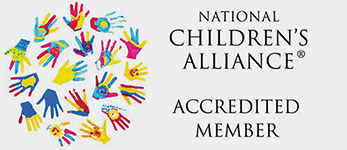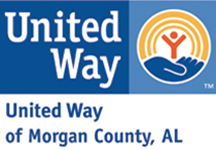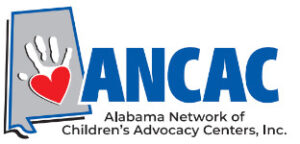Signs & Symptoms
Signs that a child is being sexually abused are often present, but they can be indistinguishable from other signs of child stress, distress, or trauma. Knowing what to look for can help.
Signs of child sexual abuse can be physical and/or emotional, with physical signs being rare. Emotional signs can range from “too perfect” behavior to withdrawal, depression, or unexplained anger. It’s important to remember that some children may show no signs at all.
The Morgan County Child Advocacy Centers provide trauma sensitive, child-friendly, safe places for families to seek help.
Emotional Signs
Emotional and behavioral signs or changes are more common and can include:
- Anxiety and depression
- Sleep disturbances, including nightmares or night terrors
- Change in eating habits
- Unusual fear of certain people or places; reluctance to be alone with a certain person
- Changes in mood that could including anger, aggressiveness towards parents, siblings, friends, pets
- Rebellion or withdrawal; runaway behavior
- Change in attitude towards school or academic performance; lack of interest in friends, sports, or other activities
- Unexplained or frequent health problems like headaches or stomach aches
- Poor self-esteem; avoidance of relationships
- Self-mutilation or change in body perception, like thinking of self or body as dirty or bad; suicidal thoughts
- Regression to previously outgrown behaviors, for example bedwetting or thumb sucking
- Abnormal sexual behaviors or knowledge of advanced sexual language and behaviors
- Too “perfect” behavior or overly compliant behavior
Physical Signs
Direct physical signs of sexual abuse are not common. However, when physical signs are present, they may include bruising, bleeding, redness and bumps, or scabs around the mouth, genital, or anus. Urinary tract infections, sexually transmitted diseases, and abnormal vaginal or penile discharge are also warning signs.
There are other indirect physical signs that include:
- Persistent or recurring pain during urination or bowel movements
- Wetting or soiling accidents unrelated to toilet training
- Sexually transmitted diseases
- Chronic stomach pain
- Headaches
Reference – www.d2l.org





This website is supported by funding awarded by the Law Enforcement Traffic Safety Division of ADECA and the U.S. Department of Justice. The opinions, findings, and conclusions or recommendations expressed are those of the author(s) and do not necessarily reflect the views of the Department of Justice or grant-making component.
